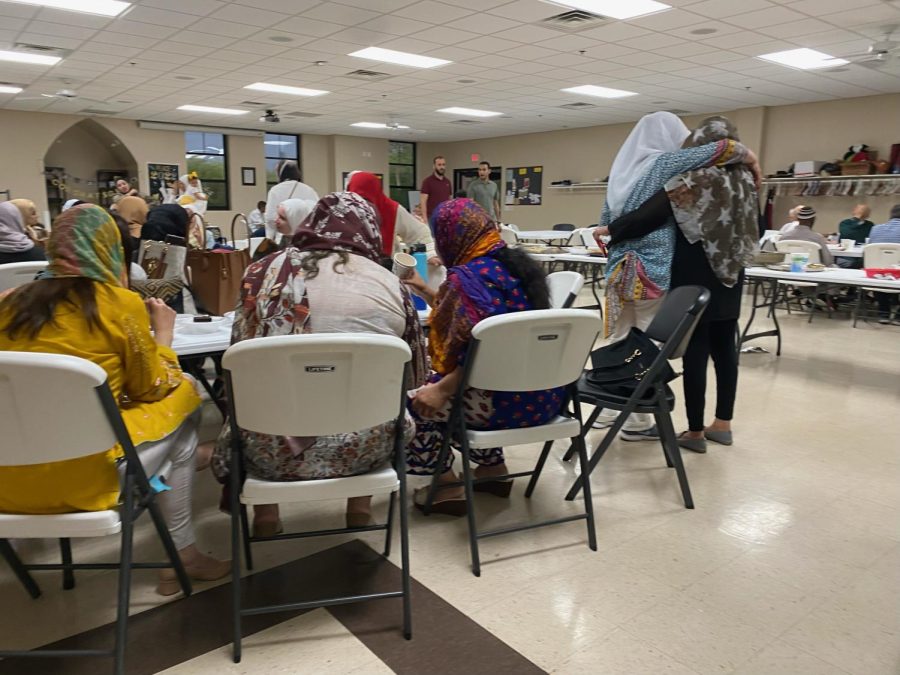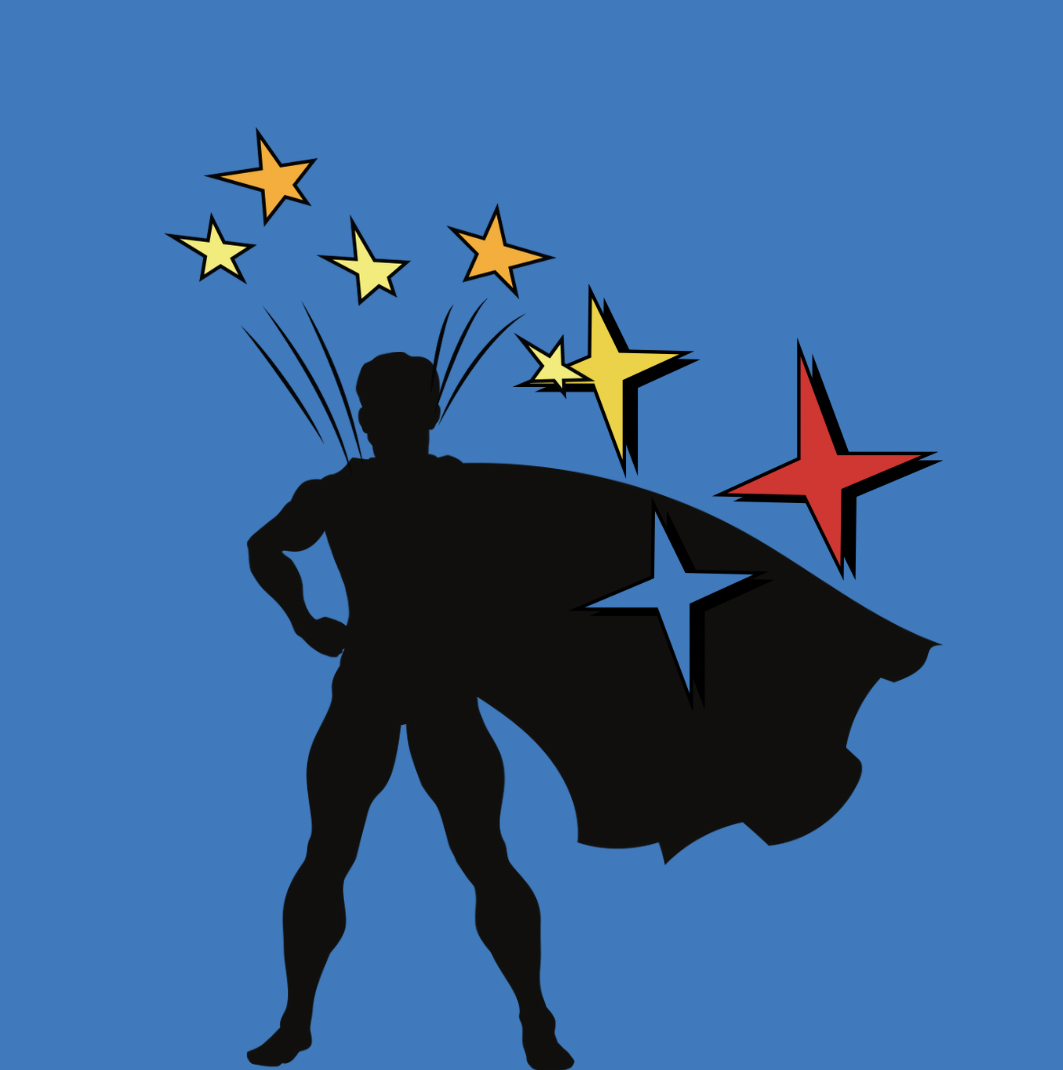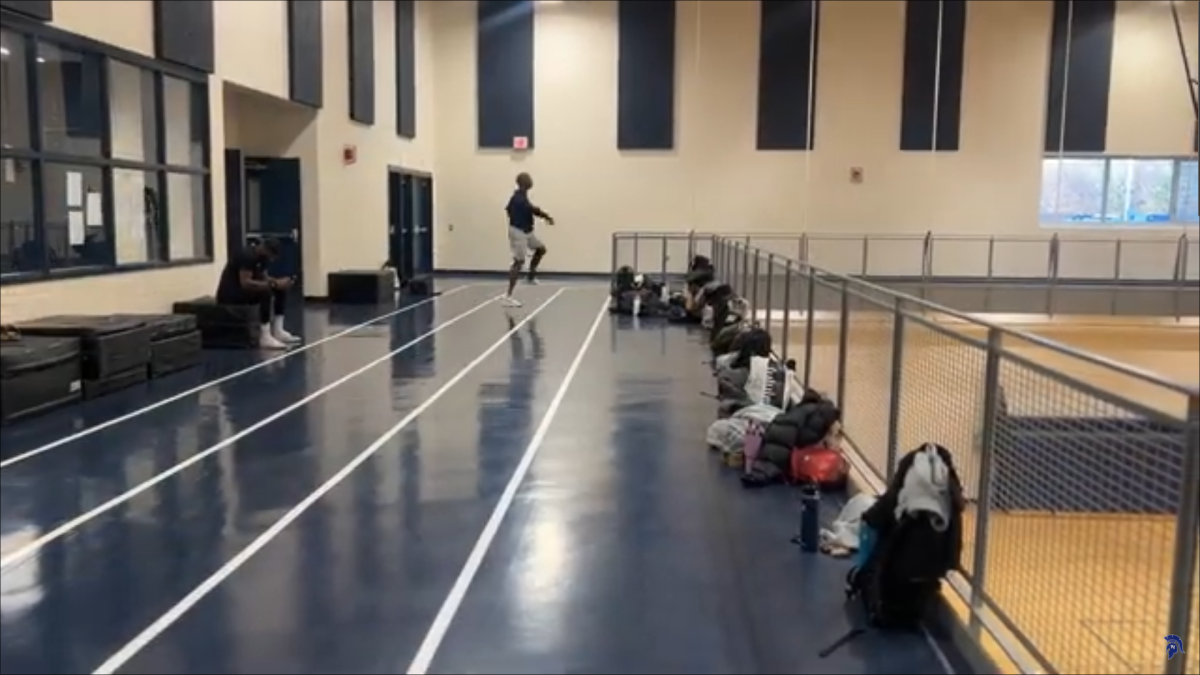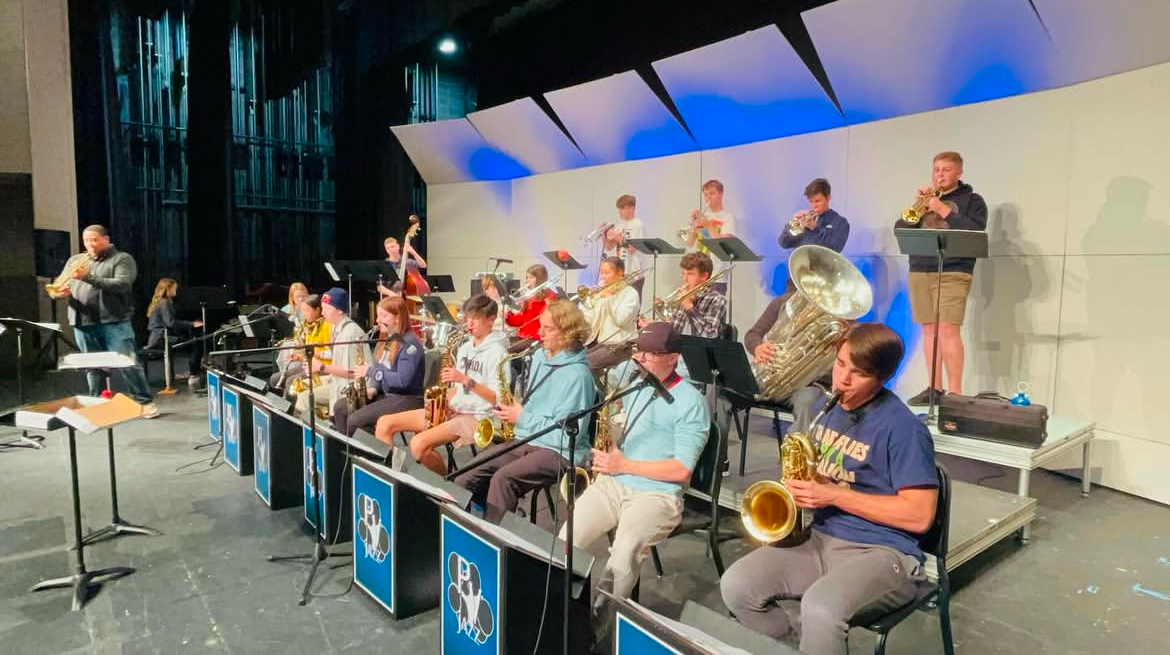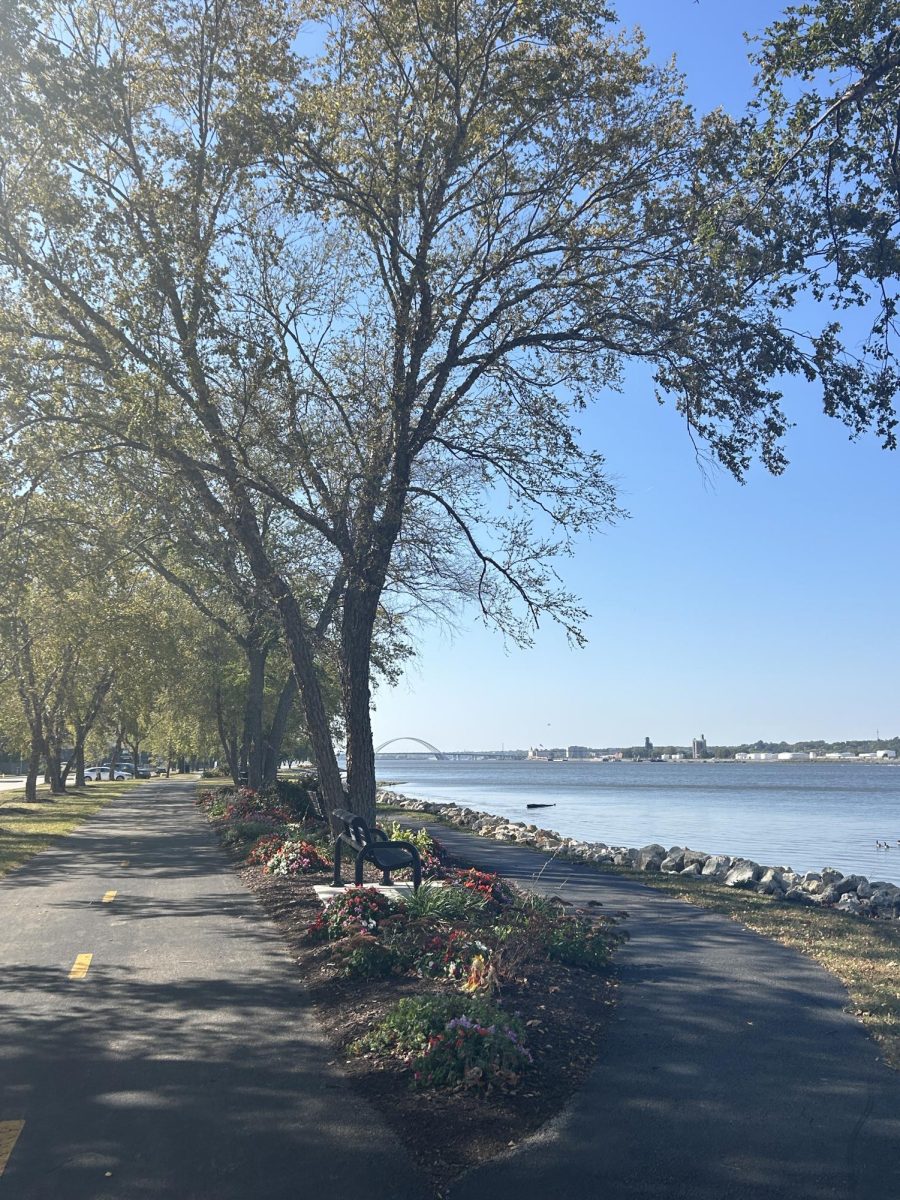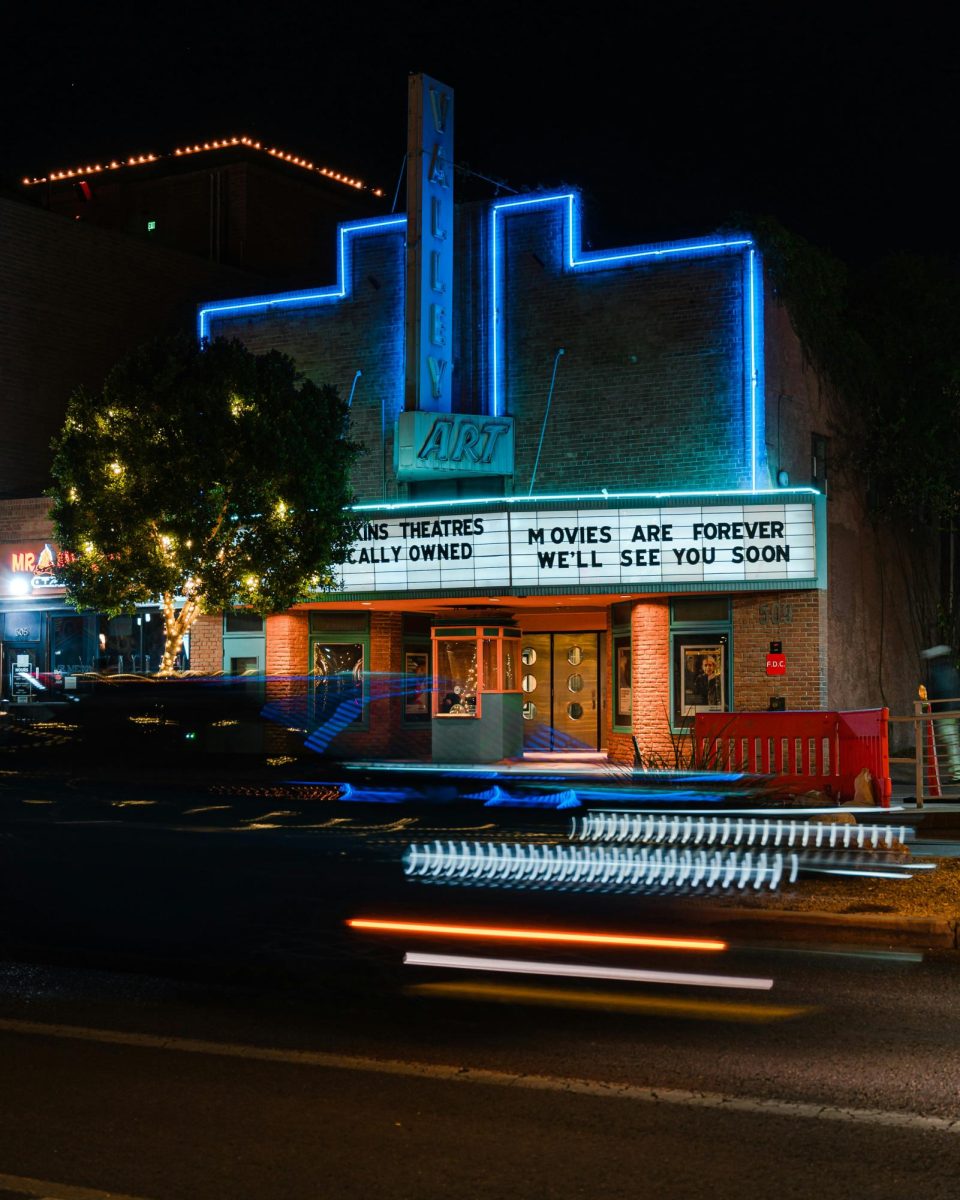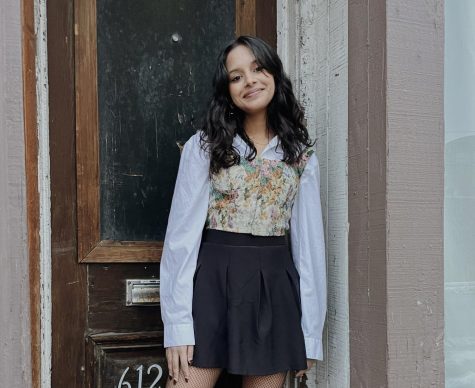Ramadan, the ninth month of the Islamic calendar, marks a month of spiritual discipline for Muslims around the globe. Motifs of community, prayer and reflection manifest in the holy period of fasting. For students at PV, however, fasting through several classroom hours followed by homework and studies is no simple feat.
As May 1 closed the dawn-to-sunset fast with the celebration of Eid al-Fitr, students reflected on the struggles of adapting to school while participating in the fast.
Senior Neda Bazaraa shared her approach to adjustment. “During my first year at PV, it was hard to deal with needing to pray and some of my teachers seemed unhappy with the idea that I had to pray during their class and made it a little difficult for me to go pray quickly and come back,” she said. “After a few years, I finally got the hang of it and was able to come up with a schedule that I’d be able to follow throughout the year for when to pray.”
For students in Muslim countries, schedules and curricula are accommodated for prayer times and celebrations — the same does not apply to the vast majority of Muslim students in the U.S. Surrounded by peers and staff who may not understand the traditions of Ramadan, the holy month’s navigation becomes more intricate.
Bazaraa emphasized the idea that Muslim students not only refrain from eating and drinking during sunlight hours, but they also must focus on their faith, perform extra prayers and wake up before dawn for a small meal. She argued the importance of non-Muslims educating themselves on the holy month. “[There] are many students and even staff who don’t understand what Ramadan is and it would be helpful if it was something people were more aware of. It tends to be a really difficult time for Muslim students,” she said.
“What would be best is if students and staff were aware of it. It would make Muslim students feel less isolated and uncomfortable. Unfortunately, there are students who make rude and sometimes unforgettable comments about the practice. Educating students on the matter would help to reduce misconceptions about it,” Bazaraa shared. She added that many times, students have made ignorant comments concerning the Ramadan season.
Due to the normalized misconceptions surrounding Ramadan, many Muslim students at PV have heard the “you can eat now” or “I won’t tell anyone if you eat” comments. The idea is that these students are capable of making their own decisions; they chose their faith and devotion to their religion and are not being forced by their parents to fast. Misunderstandings of the motives behind fasting lead Muslim students to a state of discomfort.
The morning of May 2 marked the scheduled AP Government and Politics exam — an exam students had spent an entire semester preparing for. Junior Arissa Khan was signed up for the exam that was only offered one day, leaving her with an ultimatum. Either she could take the exam she had spent the past semester preparing for, or she could attend the first Eid prayer at the Mosque since COVID-19 hit. “Both prayer and the exam were scheduled to happen at 8 a.m., so I couldn’t even pray quickly and then come to school. I ended up not going to prayer that morning and just coming to school to take the test.”
Khan explained her ongoing annoyance at the situation. “It was really frustrating to even have to make the choice because I knew that had it been a Christian holiday, the exam wouldn’t have even been scheduled for that day,” she said. As a minority group not only at PV, but even on a national level, hundreds of Muslim students faced the same unjust decision.
With similar struggles within the Islamic community, Muslim students at PV have taken initiative to aid these issues.
In order to create a stronger Muslim community within the walls of PVHS, Bazaraa worked with administrators to create a multi-faith room in the building. While this room may be used for religious or spiritual activities, Khan has also worked to get the Muslim Student Association (MSA) approved as a club at PV next year.
Although the 2022 Ramadan season is over, it is never too late for non-Muslims to educate themselves on Islam, the second most widely practiced religion in the world. While some are more understanding than others regarding new traditions most may be unfamiliar with, there is always room to expand one’s knowledge on other cultures, groups or religions.


